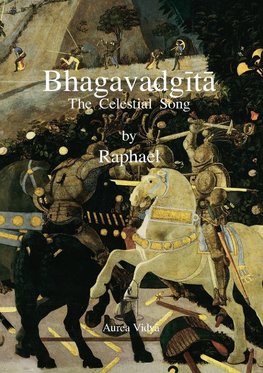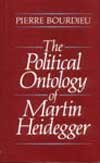
-
 Anglický jazyk
Anglický jazyk
Bhagavadgita
Autor: (¿¿ram Vidy¿ Order) Raphael
The Bhagavadgita belongs to the VI book of the Mahabharata, the great Indian epic attributed to the legendary Vyasa. It is a poetic and philosophical work which in time is placed in the V century B.C. Together with the Brahmas¥tra and the classical Upanisads... Viac o knihe
Na objednávku
25.92 €
bežná cena: 28.80 €
O knihe
The Bhagavadgita belongs to the VI book of the Mahabharata, the great Indian epic attributed to the legendary Vyasa. It is a poetic and philosophical work which in time is placed in the V century B.C. Together with the Brahmas¥tra and the classical Upanisads it constitutes the Prasthanatraya, the "Threefold Science" of Vedanta. The Bhagavadgita came to light in a moment of both contrasts and new inner requirements of the Indian people. It contributed to the vitality of the upanisadic flame of Knowledge, while it pacified the prevailing philosophical and spiritual debates of the times. The Gita clarified the unity of Truth in its multifarious aspects, and in so doing it provided everybody, in a wise and enlightened way, the opportunity to follow without doctrinal conflicts the most appropriate path for everyone. In the "Preface" to the book, Raphael indicates four points which are essential to the comprehension of the text in the appropriate dimension: - Traditional comprehension of the concept of the Divine. - Comprehension of the moment and event that determined the birth of the Gita. - Traditional comprehension of the social orders. - Comprehension of the right approach to the various ways leading to the Divine. The value of the Gita is paramount, if one just thinks that it hinges on action, which is at the base of life and which cannot be avoided or relinquished by anyone, as it reveals, in a world permeated with movement and conflict, the secret of "action without action". Under this perspective it can be of fundamental importance to the Westerners who are essentially more in favor of action than of contemplation.For one who is on the plane of action, not to become enslaved and dominated by activism, it is necessary to comprehend perfect acting devoid of the imprisoning attachment-desire, and to transcend individual qualifications. In fact, where the individual separating ego rules, there also are revealed its aberrant attributes which cause conflict and pain; and, sooner or later, the individual who places itself in such a condition cannot but find, like Arjuna, its battlefield (kuruksetra) or the field of discipline and energetic re-education (tapahksetra). Raphael's commentary unfolds along a psychological, philosophical and initiatory thread with specific reference to the ksatriya (the lawmakers and warriors social order) initiation. Raphael points out that under certain aspects we are all ksatriyas, because we are all engaged in a struggle, at times unequal, between knowledge-vidya and ignorance-avidya. The Bhagavadgita, as all authentic traditional teachings, is not indicating quietistic or finalistic attitudes, nor possible flights, but it nails us down to our responsibilities ("Forced by karma - inherent in your nature - despite your will, one day you will do that which, being now at a loss, you refuse to do", XVIII, 60) and to our unavoidable duty-dharma: that of comprehending, transforming and transcending ourselves.
- Vydavateľstvo: AUREA VIDYA
- Rok vydania: 2012
- Formát: Paperback
- Rozmer: 210 x 148 mm
- Jazyk: Anglický jazyk
- ISBN: 9781931406130









 Ruský jazyk
Ruský jazyk 


